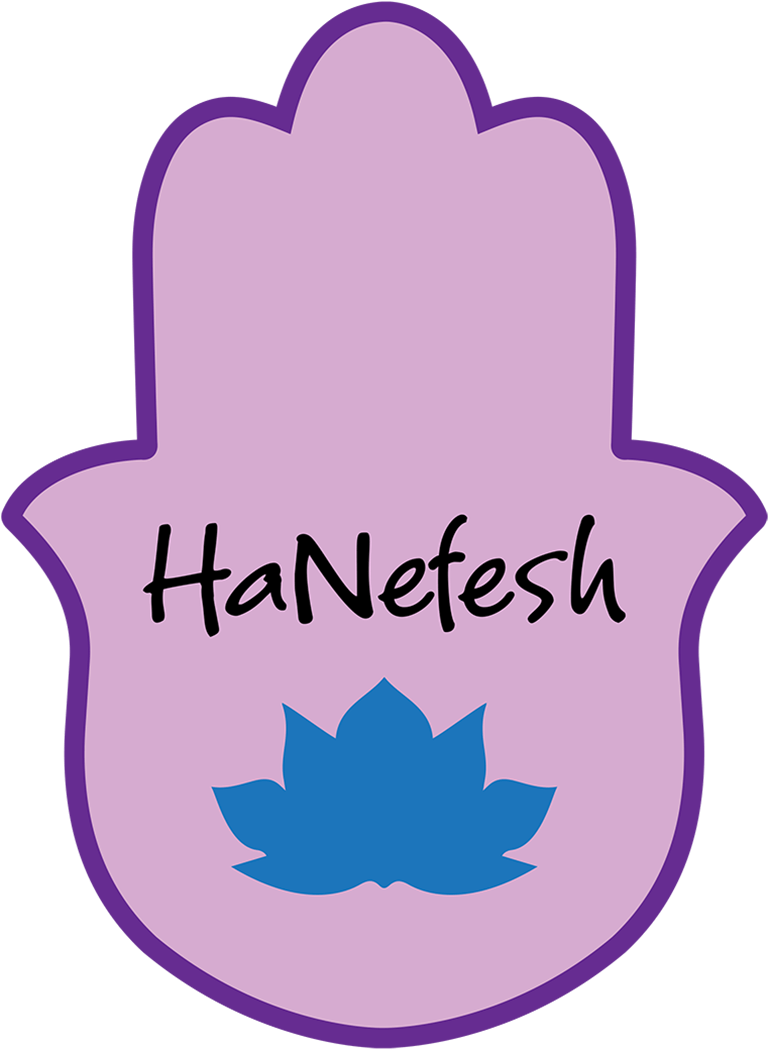This week brings together two observances. Today is Tu BiShvat, the 15th of the month of Shvat during which we celebrate the birthday or the new year of the trees. This festival reminds us to never take for granted this beautiful earth that is ours to care for and protect for future generations. That we are to plant seeds for the future in order to ensure that they have sustenance and a world to live and grow in.
There is the story of Honi the circle maker who comes across an old man planting a carob tree. Honi asks him why he is doing this at his old age, he will never benefit from it as the carbo tree will not produce fruit until long after the man is gone. The man’s response, ‘I plant this tree for the next generation because I benefited from the fruit of these trees that my father and grandfather planted before.’
This week we also observed International Holocaust Remembrance Day. January 27, 1945, Auschwitz was liberated and the end of the atrocities of the Holocaust was in sight. The atrocities were not completely over as there were still so many survivors who had to find their way home only to be met with more hate and cruelty by those in the towns from which they came. Just because the people were liberated, it did not mean that hate against the Jewish people ended. And unfortunately, we still see this today.
As we are very much aware, anti-Semitism is still very much a part of our world and our lives. And the question we continue to ask is, how do we bring awareness to and an end to anti-Semitism? Like Honi who comes across the old man planting the carob tree, we are being asked, ‘why do we continue to teach about the Holocaust?’ We do this because we never want to see this happen again, not to the Jewish people and not to anyone.
However, there is a challenge in how we teach about the Holocaust and anti-Semitism. In an article by Jonathan S. Tobin of the Jewish News Syndicate, he reminds us that teaching the Holocaust needs to go back to its roots. Unfortunately, we have gone away from teaching the Holocaust as an atrocity that happened to the Jewish people. Instead, we are focusing more on teaching morality and how to treat all people. Not that this is a bad lesson, it’s a very important lesson. However, with the rise of anti-Semitism as we see today, we have to return to teaching that the Holocaust was an act of direct hate against the Jewish people for the most part and that anti-Semitism is a very real problem for the Jewish community. Yes, anti-Semitism and hate are issues for all, but if we are going to fulfill the promise of Never Again, then we should make sure that we start at the core and then from that seed, we can grow a world of respect and tolerance for all.
This is a larger conversation and we will continue this in the days and weeks ahead.
I want to finally thank everyone who has already registered for the Ride for the Living – Global Challenge, to support our Holocaust survivors. My last count has us at 20 from HaNefesh. If you have registered, let me know. There will be plenty of time to do so before June with more information to come.

